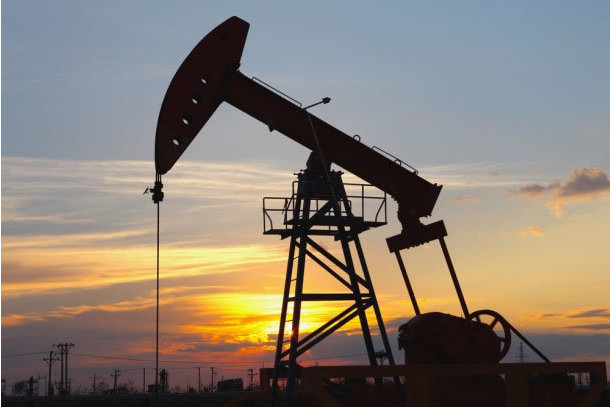Latest News
Despite oil market rebound, IEA says demand outlook is uncertain

News Highlight
The report says gasoline or petrol demand may have peaked and is unlikely to return to 2019 levels.
The global oil markets are recovering after the COVID-19 crisis caused an unprecedented collapse in demand in 2020, according to the latest monthly Oil Market Report (OMR) by the International Energy Agency (IEA). Crude futures rose by $7 per barrel (pbl) in February to an average $62 pbl and reached $70 pbl in early March after the Organisation of the Petroleum Exporting Countries and its allies (OPEC+) agreed to a rollover of output cuts.
Oil demand is expected to grow by 5.5 million barrels per day (bpd) to 96.5 million bpd in 2021 after contracting by 8.7 million bpd last year, per the new OMR released on Wednesday. But according to Oil 2021, the IEA’s latest annual medium-term market report, oil markets may never return to “normal.”
The current recovery of oil markets from the historic collapse of last year is being driven by the easing of government restrictions that were put in place to curb the COVID-19 spread and the quickening pace of vaccine programmes. A key factor in the rebound in oil prices is the supply restriction by OPEC+. The group agreed a record 9.7 million bpd output cut last year and is currently withholding roughly 8 million bpd from the market.
The IEA's Oil 2021 report shows a base case scenario in which demand will reach 103.2 million bpd by 2025, representing a growth of 3.5 per cent from 2019 levels. However, COVID-19-induced structural shifts and the imminent energy transition due to climate change have prompted a lower forecast for global oil demand.
For example, the report says gasoline or petrol demand may have peaked and is unlikely to return to 2019 levels. This is due to efficiency gains and the shift to electric vehicles, especially in the developed world. While Asia will continue to dominate growth in global oil demand, accounting for 90 per cent of the increase between 2019 and 2026; demand in many advanced economies is not expected to return to pre-crisis levels.
"The pandemic has forced rapid changes in behaviour: from new working-from-home models to cuts in business and leisure air travel," the Oil 2021 report says. "At the same time, more and more governments are focusing on the potential for a sustainable recovery as a way to accelerate momentum towards a low-carbon future."
The Paris-based IEA, however, hinged the prospect of a peak in oil demand sooner than previously expected on strong climate action by governments, thereby hastening the shift to clean energy.
“Achieving an orderly transition away from oil is essential to meet climate goals, but it will require major policy changes from governments as well as accelerated behavioural changes. Without that, global oil demand is set to increase every year between now and 2026,” said Fatih Birol, the IEA’s Executive Director. “For the world’s oil demand to peak anytime soon, significant action is needed immediately to improve fuel efficiency standards, boost electric vehicle sales and curb oil use in the power sector.”
Against the backdrop of changes in behaviour as a result of the pandemic and a stronger drive by governments towards a low-carbon future, oil companies have scaled back their upstream investments and expansion plans. The IEA said operators spent one-third less than they planned at the start of 2020 (and 30 per cent less than in 2019). In 2021, total upstream investment is expected to rise only marginally.
While the oil markets face uncertain future, the report says the petrochemical industry remains a pillar of growth over the forecast period. Ethane, LPG and naphtha – which are cleaner fuels – together account for 70 per cent of the projected increase in oil product demand to 2026.
Related News
Latest Blogs
- What is most important for Nigeria in 2026
- Restoring asset declaration as a tool of public accountability
- Tackling antibiotic resistance through safer food systems
- Big government, little governance
- What will matter in Nigeria in 2026
Most Popular News
- NDIC pledges support towards financial system stability
- Artificial intelligence can help to reduce youth unemployment in Africa – ...
- Pan-African nonprofit appoints Newman as Advisory and Executive Boards Chair
- Abebe Aemro Selassie to retire as Director of African Department at IMF
- Dollar slumps as Fed independence comes under fire
- UN adopts new consumer product safety principles









